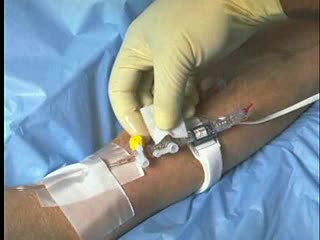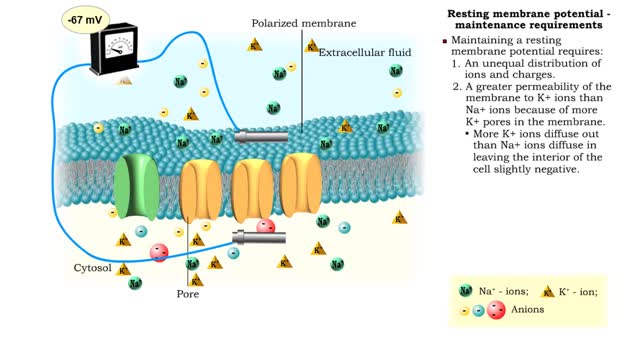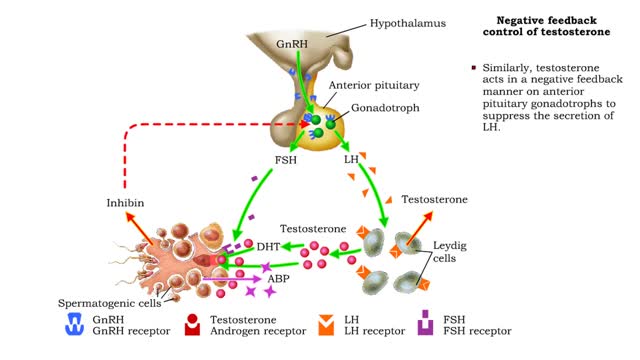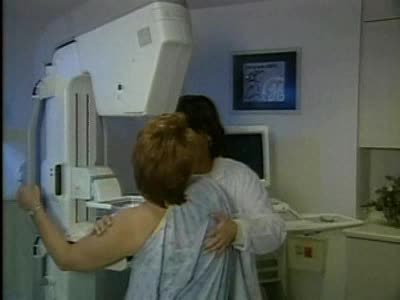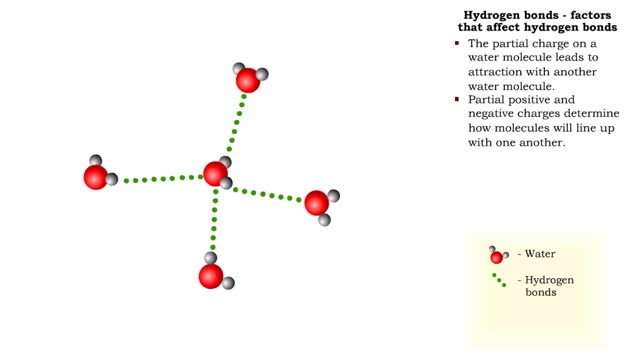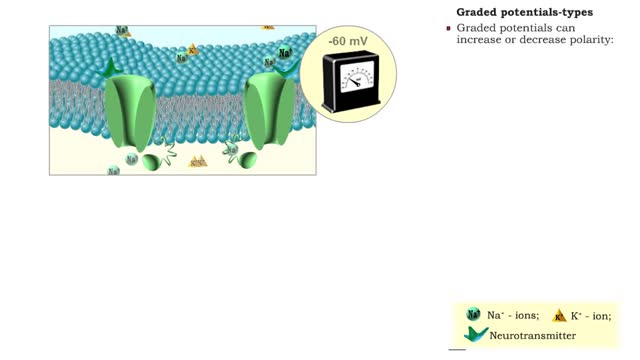Search Results
Results for: 'negative blood type women'
By: Administrator, Views: 14715
The precise source of diabetic issues in children is not known. However, aspects like genetics, household history, bad diet plan, etc. are considered as some of the diabetes causing aspects. In many of the cases, adolescent diabetes is a genetic (acquired at birth). diabetes symptoms in children ...
By: Administrator, Views: 15363
Leukemia is a type of cancer that affects the blood and bone marrow. Leukemia begins in a cell in the bone marrow. The cell undergoes a change and becomes a type of leukemia cell. Once the marrow cell undergoes a leukemic change, the leukemia cells may grow and survive better than normal cells.
Resting membrane potential - electrical polarity and maintenance requirements
By: HWC, Views: 11278
• A resting membrane potential exists when there is a buildup of: 1. positive ions outside the membrane. 2. negative ions inside the membrane. • Membranes with opposing charges are said to be polarized. • The difference in charge applies only to the small distance across the membran...
Male Reproductive System - Testosterone
By: HWC, Views: 12247
• Under the influence of FSH and testosterone, Sertoli cells produce androgen-binding protein (ABP) that binds to testosterone and maintains high levels of the hormone near spermatogenic cells. • Testosterone stimulates the final stages of spermatogenesis. • In addition, testosterone is...
By: Administrator, Views: 421
Mammography (also called mastography) is the process of using low-energy X-rays (usually around 30 kVp) to examine the human breast for diagnosis and screening. The goal of mammography is the early detection of breast cancer, typically through detection of characteristic masses or microcalcificat...
Hydrogen bonds - role in the body
By: HWC, Views: 11886
A hydrogen bond is the electromagnetic attraction between polar molecules in which hydrogen is bound to a larger atom, such as oxygen or nitrogen. This is not a sharing of electrons, as in a covalent bond. Instead, this is an attraction between the positive and negative poles of charged atoms. ...
By: Administrator, Views: 14834
Hyposecretion or inadequate use of insulin may result in diabetes mellitus (DM). Hypersecretion of insulin may result in hyperinsulinism. Diabetes mellitus is the most common endocrine system disorder of childhood. Symptoms include: Polyuria Polydipsia Polyphagia Management of DM durin...
Graded potentials - electrical characteristics and types
By: HWC, Views: 11832
• A graded potential occurs when a gated channel is opened or closed, altering ion flow through the membrane. • Changes in ion and charge distributions cause voltage changes to the resting membrane potential. • The strength of the stimulus determines the number of gated channels affect...
Introduction to Eating Disorders
By: Administrator, Views: 14521
An eating disorder is a mental disorder defined by abnormal eating habits that negatively affect a person's physical or mental health. They include binge eating disorder where people eat a large amount in a short period of time, anorexia nervosa where people eat very little and thus have a low bo...
Advertisement




